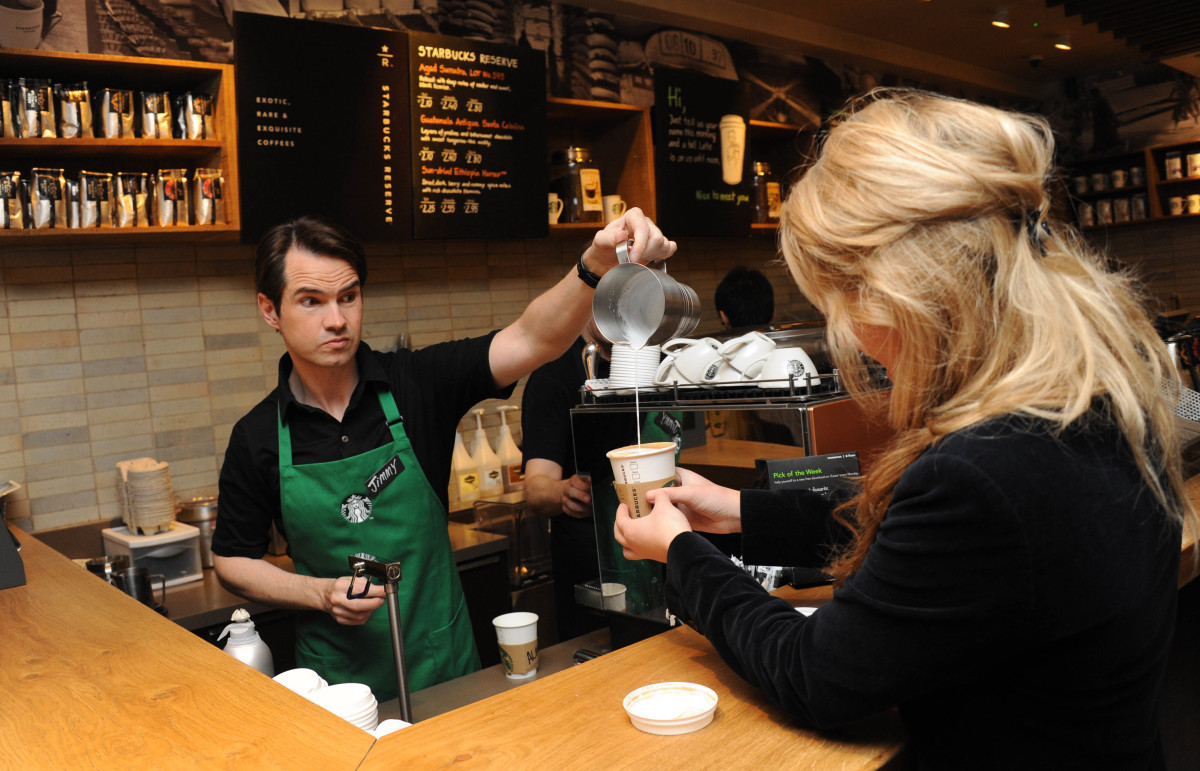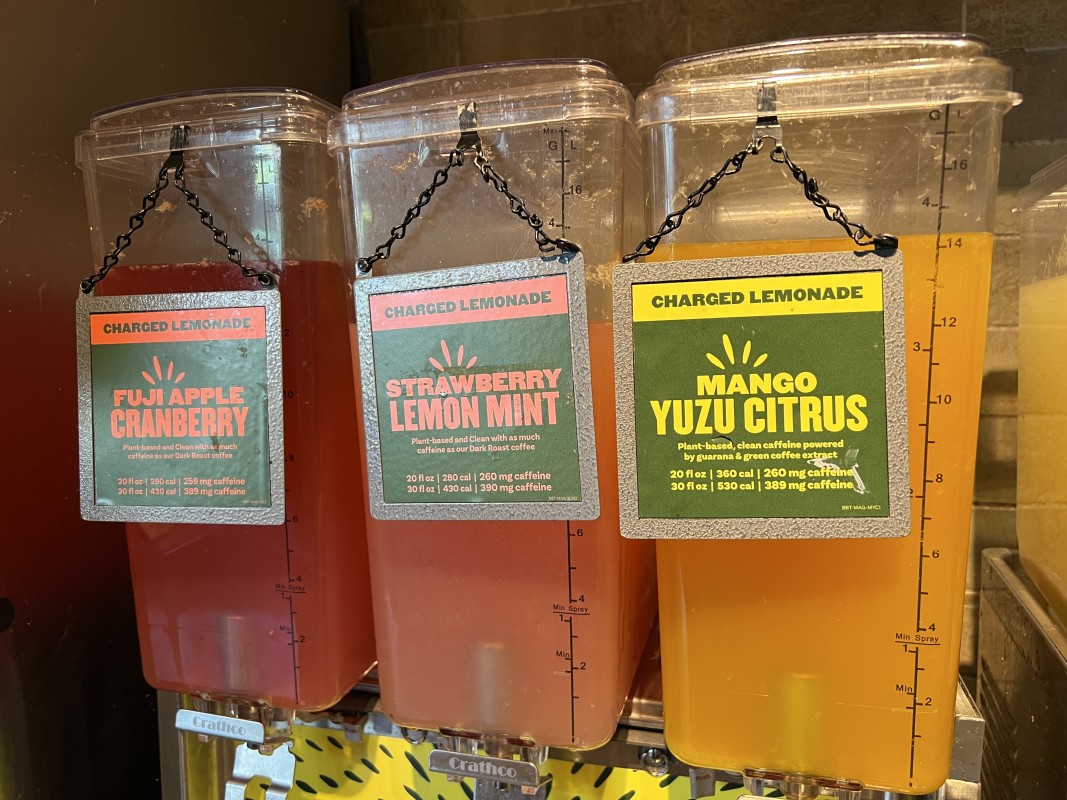
Starbucks (SBUX) is stepping on shaky ground. The coffee giant just announced a brand-new menu item that is intended to provide customers with “the ultimate jumpstart” to their day, but it contains a high amount of an ingredient that has been the source of several lawsuits that were recently filed against its competitor Panera Bread.
Iced Energy, is Starbucks' latest line of drinks, which comes in three flavors; Melon Burst Iced Energy, Tropical Citrus Iced Energy and Frozen Tropical Citrus Iced Energy with Strawberry Puree. Starbucks claims that the drinks are intended to “elevate the day with a boost of sugar-free energy,” according to the press release.
Related: Panera Bread suffers another blow against its Charged Lemonade
The drinks are only available in a venti size, which is 20 fluid ounces, and they can contain up to 205 milligrams of caffeine which equates to six cans of Coca-Cola. The U.S. Food and Drug Administration recommends a limit of 400 milligrams of caffeine a day, but claims that this may vary for people who have certain conditions that make them more sensitive to caffeine.
The move from Starbucks comes after Panera Bread pulled its line of Charged Lemonade drinks in May, which contained 260 milligrams of caffeine in its smallest size and 390 milligrams in its largest, after two lawsuits were filed against the company which alleged that the drink caused the sudden deaths of two individuals who both consumed the drink and had underlying health issues.
Shortly after the first lawsuit was filed against Panera Bread in October, the company even rolled out a warning label in stores and on its website that informed customers that the lemonade is not recommended for “children, people sensitive to caffeine, pregnant or nursing women,” and to “use in moderation.”

After Panera faced controversy over its high caffeine content over its Charged Lemonade, Prime, which is an energy drink brand founded by Youtubers Jake Paul and KSI, also faced a lawsuit earlier this year for allegedly “misleading” consumers on its caffeine content. The drink is advertised as having 200 milligrams of caffeine, when it actually contains roughly 215-225 milligrams of caffeine, which is equal to "half a dozen Coke cans or nearly two (12-ounce) Red Bulls," according to the lawsuit.
Energy drinks have skyrocketed in popularity over the past few years. Sales of energy drinks have increased by 73% between 2018 and 2023, and it is predicted to be a $30 billion market in the next five years, according to a recent report from Mintel.
More Food + Dining:
- Chipotle isn’t shy about making a controversial move
- Nestlé rejects proposal that would have forced it to sell healthier food
- Subway is breaking up with these popular drink brands
Amid the rise of the energy drink market, consumers face several risks associated with the overconsumption of caffeine. Too much caffeine can cause short-term effects such as insomnia, dizziness, dehydration and fast heart rate, etc., and long-term effects such as sleep issues, high blood pressure, gastrointestinal issues and more.
Related: Veteran fund manager picks favorite stocks for 2024







